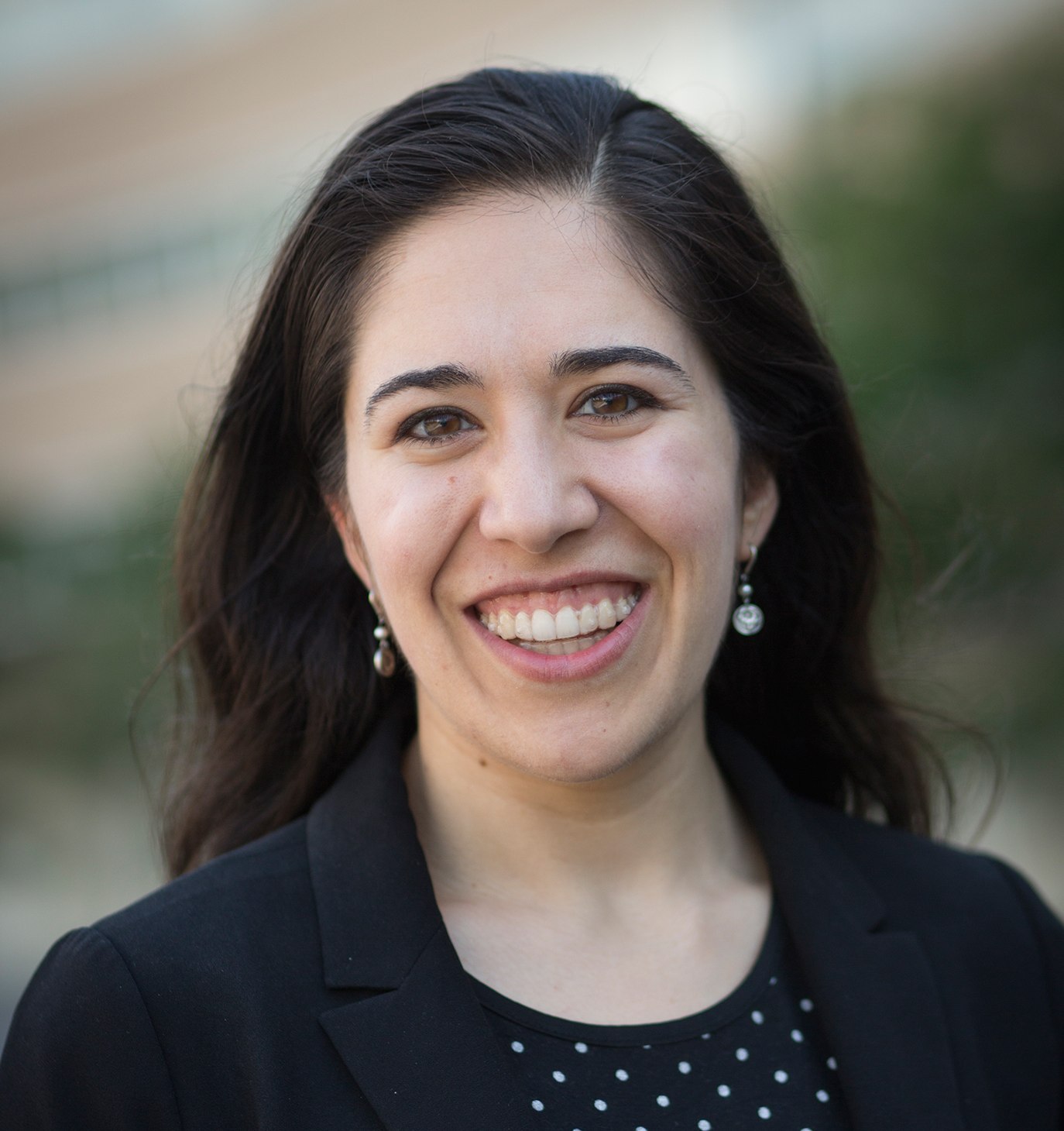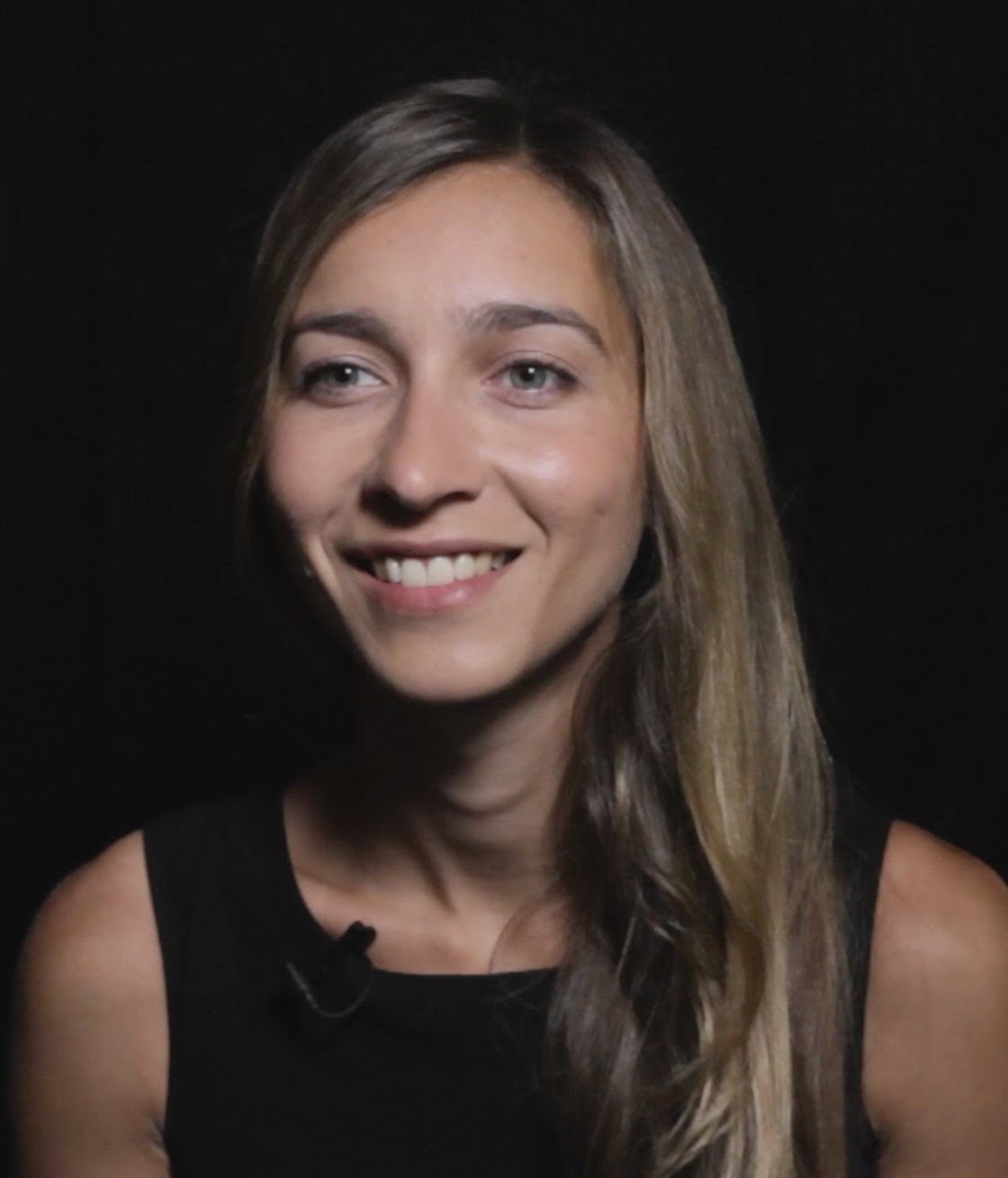AAAI 2024 Workshop on
Artificial Intelligence for Operations Research
Operations Research (OR) utilizes sophisticated analytical methods to facilitate optimal decision-making. It is an interdisciplinary branch that draws from fields such as mathematics, statistics, and computer science and specializes in modelling and solving complex problems in various sectors, including business, government, healthcare, and engineering. The traditional OR process can be segmented into three distinct steps:
- OR Modelling - creating a mathematical optimization model based on project goals and constraints.
- Model Solving - designing algorithms to solve mathematical optimization models.
- Solution Evaluation - deploying and assessing the derived solution.
In today’s digitized world, the integration of Artificial Intelligence (AI) within OR is not just beneficial -– it’s essential. Cutting-edge language models like GPT-4 are poised to transform the mathematical modelling paradigm. Techniques like deep learning algorithms and evolutionary strategies have transformative capabilities that can significantly speed up optimization algorithms. Our workshop aims to showcase how AI can revolutionize the field of operations research, particularly in the modelling and solving phases.
Topics
Specific topics of interest for the workshop include (but are not limited to)
- Language Model-driven OR Modelling
- AI in Data Generation and Refinement
- Learning-based Optimization Algorithms
- End-to-End Learning and Optimization
- AI for Decision-Making under Uncertainty
- AI for Manufacturing and Supply Chains
Submissions
- Review Process: All papers will undergo a peer-review process. Selected papers will be presented in the poster session.
- Publication: All accepted papers will be featured in a special issue of INFOR (Information Systems and Operational Research) – Artificial Intelligence for Operations Research.
- Format: Please ensure that all submissions are in PDF format, following AAAI template or INFOR template.
- For AAAI template, please follow the instructions in AAAI 2024 Author Kit. The paper can be up to 7 pages double column, not including references and appendices.
- For INFOR template, please follow the INFOR guidelines and make use of the INFOR template. The paper can be up to 14 pages single column, not including references and appendices.
- Submission Portal: Papers should be submitted via INFOR portal.
- Submission Instructions: The INFOR portal has a verification process to ensure submissions are from humans. To submit your paper:
- Visit the INFOR portal.
- Click on ``Submit an article” on the left-hand side.
- From the dropdown menu, select ``Go to submission site”.
- Follow the provided instructions to complete your submission.
- If you have any questions regarding the submission portal, please reach out to Professor Bissan Ghaddar via email.
- Submission Instructions: The INFOR portal has a verification process to ensure submissions are from humans. To submit your paper:
-
Due date: Submissions are due on November 24, 2023. Extended to December 1, 2023. This would be the final extension.
Schedule
Monday, February 26, 2024
| Time | Speaker | Event |
|---|---|---|
| 08:50 - 09:00 | Bissan Ghaddar | Opening Remarks |
| 09:00 - 09:30 | Serdar Kadioglu | Keynote I Large Language Models for Optimization Modeling |
| 09:30 - 10:00 | Madeleine Udell | Keynote II OptiMUS: Optimization Modeling Using MIP Solvers and Large Language Models |
| 10:00 - 10:30 | Yong Zhang | Keynote III Some Progress Towards Artificial Intelligence for Operations Research |
| 10:30 - 11:00 | Coffee Break | |
| 11:00 - 11:30 | Ellen Vitercik | Keynote IV From Large to Small Datasets: Size Generalization for Clustering Algorithm Selection |
| 11:30 - 12:00 | Martin Takac | Keynote V Beyond Conventional Boundaries: RL’s Leap in Solving Optimization Problems |
| 12:00 - 12:30 | Phebe Vayanos | Keynote VI Learning optimal, robust, and fair decision-trees for prediction and prescription using MIO |
| 12:30 - 14:00 | Lunch | |
| 14:00 - 14:30 | Maximilian Schiffer | Keynote VII Combinatorial optimization augmented machine learning for contextual multi-stage problems |
| 14:30 - 15:30 | Panel Discussion Large Language Model in Operations Research |
|
| 15:30 - 16:00 | Coffee Break | |
| 16:00 - 17:00 | Poster Session |
Keynote Spearkers

Serdar Kadıoğlu
Fidelity Investments & Brown University
Large Language Models for Optimization Modeling
Over the years, Optimization Technology has enjoyed tremendous practical and theoretical advances. Moreover, users now have access to several high-level modelling tools to invoke a solver for the heavy lifting. However, the overall process for solving combinatorial optimization problems remained the same for decades: the user is responsible for formulating the problem and the solver is responsible for finding the solution. Recent progress in large language models (LLMs) opens the door for an alternative with potential for wider adoption. In this talk, we investigate how to leverage techniques from Natural Language Processing (NLP) to model optimization problems from natural text descriptions. We discuss bottom-up and top-up approaches; by named entity extraction for optimization (Ner4Opt) to first distill components such as variables, constraints, objective, and then, to combine them together, or by pre-trained LLMs to generate models in zero-shot and few-shot settings. We present an overview of early results in both directions and discuss open problems.

Madeleine Udell
Stanford University
OptiMUS: Optimization Modeling Using MIP Solvers and Large Language Models
Optimization problems are pervasive in sectors from manufacturing and distribution to healthcare. However, most such problems are still solved heuristically by hand rather than optimally by state-of-the-art solvers, as the expertise required to formulate and solve these problems limits the widespread adoption of optimization tools and techniques. As a glimpse of the future, this talk will introduce OptiMUS, a Large Language Model (LLM)-based agent designed to formulate and solve MILP problems from natural language descriptions. OptiMUS can develop mathematical models, write and debug solver code, develop tests, and check the validity of generated solutions. Experimentally, OptiMUS correctly solves more than 80% of benchmark problems, more than twice as many as a basic LLM prompting strategy. More broadly, we discuss the potential for LLMs in domains where accuracy and fidelity to real-world data is critical and strategies to augment and safeguard their performance.

Yong Zhang
Huawei Technologies Canada Co., Ltd
Some Progress Towards Artificial Intelligence for Operations Research
The rapid advancement of artificial intelligence (AI) techniques has opened up new opportunities to revolutionize various fields, including operations research (OR). In recent years, we have explored the integration of AI within the OR process (AI4OR) to enhance its effectiveness and efficiency across multiple stages. One area of focus has been automating the process of formulating complex OR problems. We have harnessed the power of large language models to automatically generate formulations for OR problems, streamlining the modeling process and reducing manual effort. Additionally, we have applied Graph Neural Networks (GNNs) in the model optimization stages. GNNs have shown promise in predicting good initial bases for Linear Programming (LP) problems and selecting optimal branching nodes for Mixed-Integer Linear Programming (MILP) problems. These applications of GNNs have improved the efficiency of the optimization process. In this talk, we will discuss our recent attempts and the lessons we have learned in both automating OR problem formulation and utilizing GNNs for OR model optimization. While we have made significant strides, we acknowledge that challenges remain and ongoing research is essential to further harness the potential of AI in operations research.

Ellen Vitercik
Stanford University
From Large to Small Datasets: Size Generalization for Clustering Algorithm Selection
In clustering algorithm selection, we are given a massive dataset and must efficiently select which clustering algorithm to use. We study this problem in a semi-supervised setting, with an unknown ground-truth clustering that we can only access through expensive oracle queries. Ideally, the clustering algorithm we select will return a clustering that is close to the ground truth. We approach this problem by introducing a notion of size generalization for clustering algorithm accuracy. In particular, we identify conditions under which we can (1) subsample the massive clustering instance, (2) evaluate a set of candidate algorithms on the smaller instance, and (3) provably guarantee that the algorithm with the best accuracy on the small instance will have the best accuracy on the original big instance. We verify these findings both theoretically and empirically.

Martin Takáč
Mohamed bin
Zayed University of Artificial Intelligence (MBZUAI)
Beyond Conventional Boundaries: RL's Leap in Solving Optimization Problems
In this talk, we discuss the use of Reinforcement Learning (RL) to address classic optimization challenges, particularly the Vehicle Routing Problem and the Job Shop Problem. Traditionally, these problems can be formulated as Mixed Integer Programming problems and can be efficiently solved using open-source or commercial solvers. However, in practice, a new layer of complexity arises when faced with stochastic parameters or dependencies on observable features. The conventional methodology, which relies on fitting models to predict distribution parameters followed by solving scenario-based problem formulations, often falls short in such stochastic settings. Exploring the use of Machine Learning allows for a data-driven approach, where a policy can be trained via Reinforcement Learning. This approach sidesteps the limitations of traditional model-based predictions, offering a more adaptable and efficient solution. We demonstrate through empirical evidence that RL-based solutions not only surpass the quality of results obtained through classical methods but also accomplish this in a significantly reduced timeframe. This talk will highlight the methodology, challenges, and breakthroughs of recent research, underscoring the potential of RL as a transformative tool in the realm of operations research and optimization.

Phebe Vayanos
University of
Southern California
Learning optimal, robust, and fair decision-trees for prediction and prescription using MIO
We consider the problem of learning optimal, robust, and fair models in the form of decision-trees for prediction and prescription in high-stakes settings. We propose new mixed-integer optimization models and algorithms, showcase their flexibility, and theoretical and practical benefits, and demonstrate substantial improvements over the state of the art optimization and heuristic based approaches. We also discuss an open-source package implementing all these approaches that is easy to use and extend.

Maximilian Schiffer
Technical University of Munich
Combinatorial optimization augmented machine learning for contextual multi-stage problems
Combinatorial optimization augmented machine learning (COAML) is a novel field that combines methods from machine learning and operations research to tackle contextual data-driven problems that involve both uncertainty and combinatorics. These problems arise frequently in industrial processes, where firms seek to leverage large and noisy data sets to optimize their operations. COAML typically involves embedding combinatorial optimization layers into neural networks and training them with decision-aware learning techniques. This talk provides an overview of the underlying paradigm, algorithmic pipelines, and foundations based on selected application cases. Particularly, I will demonstrate the effectiveness of COAML on contextual and dynamic stochastic optimization problems, as evidenced by its winning performance on the 2022 EUROMeetsNeurIPS dynamic vehicle routing challenge.
Organizers Committee

Bissan Ghaddar
Ivey Business School

Claudia D'Ambrosio
Centre National de la Recherche Scientifique & École Polytechnique

Giuseppe Carenini
University of British Columbia

Jie Wang
University of Science and Technology of China

Yong Zhang
Huawei Technologies Canada Co., Ltd

Zhenan Fan
Huawei Technologies Canada Co., Ltd
